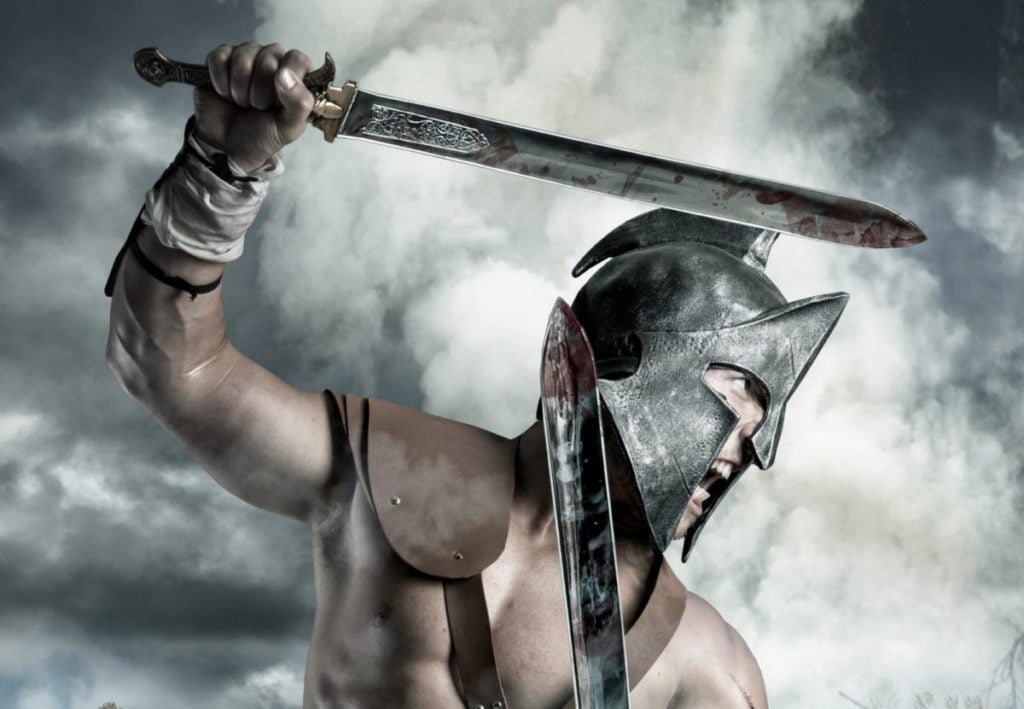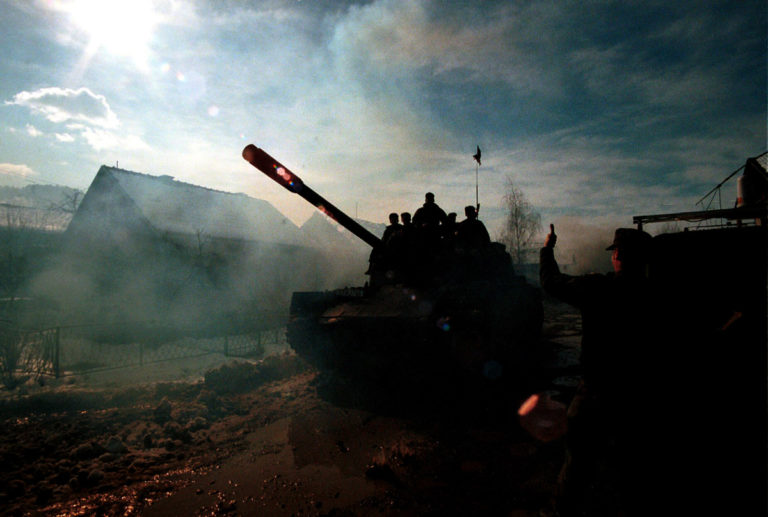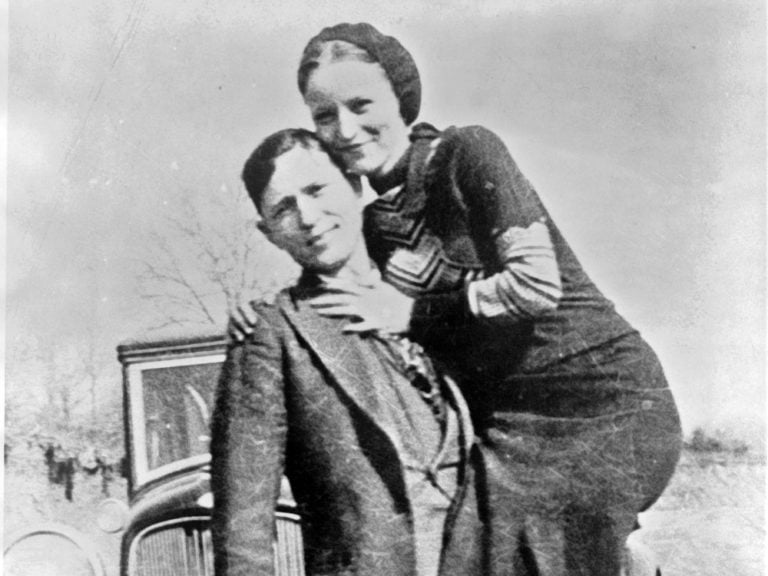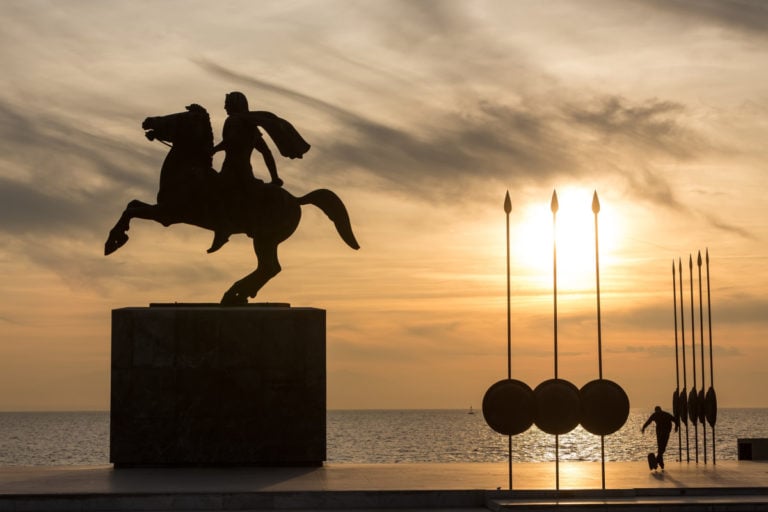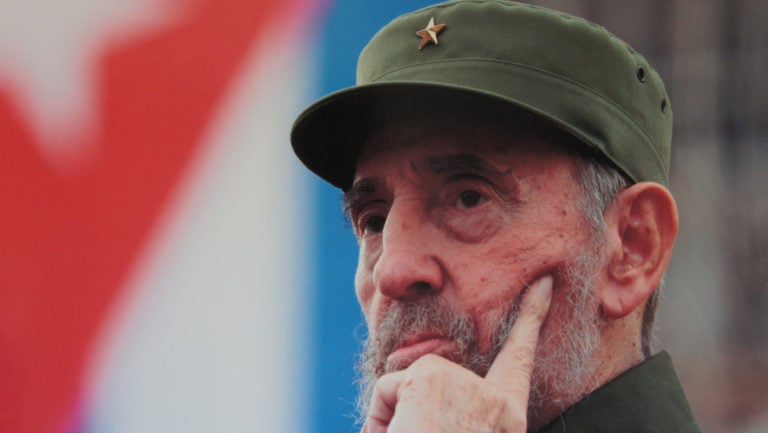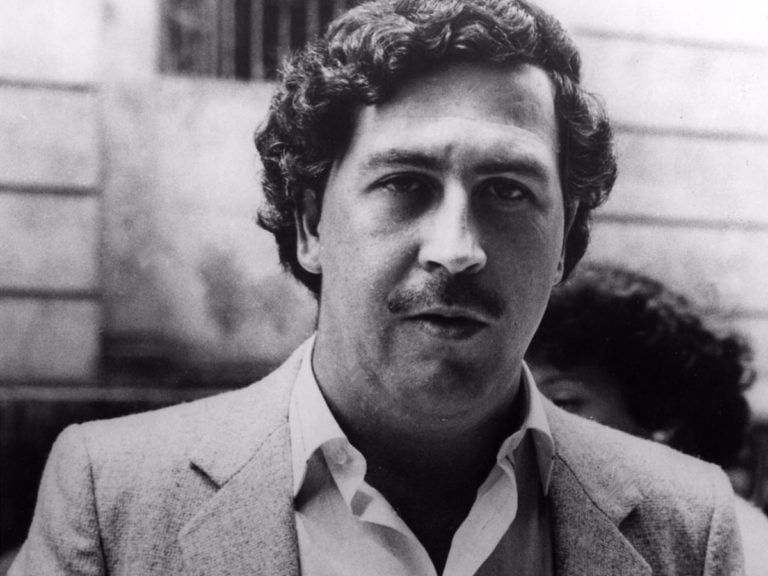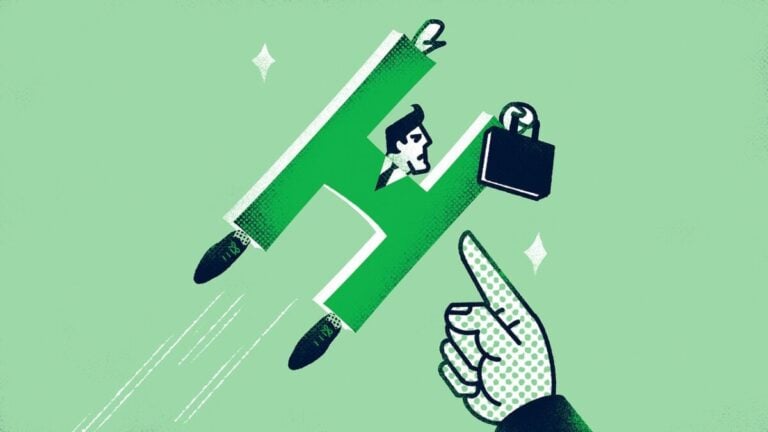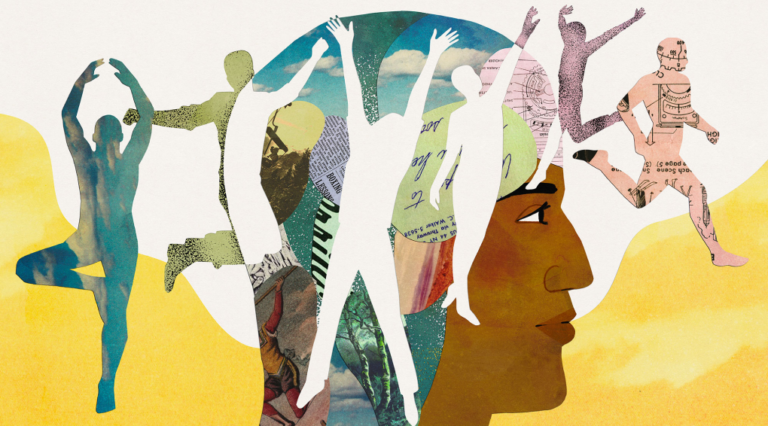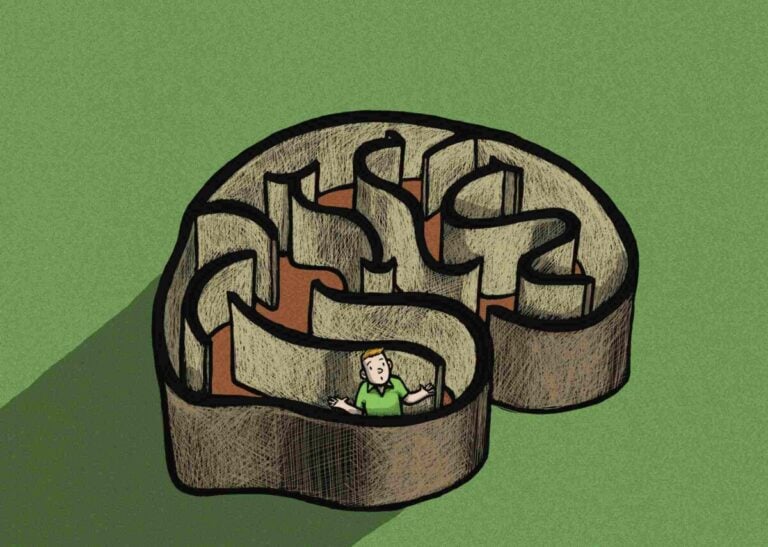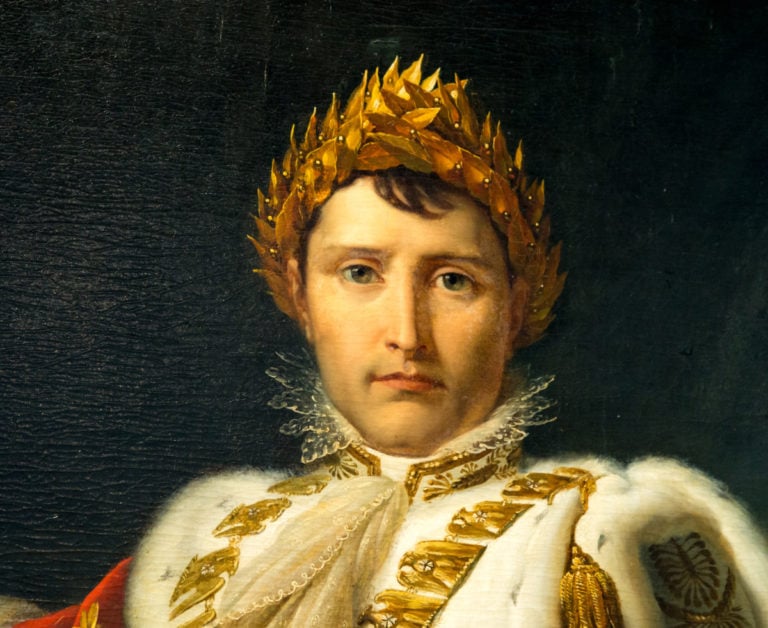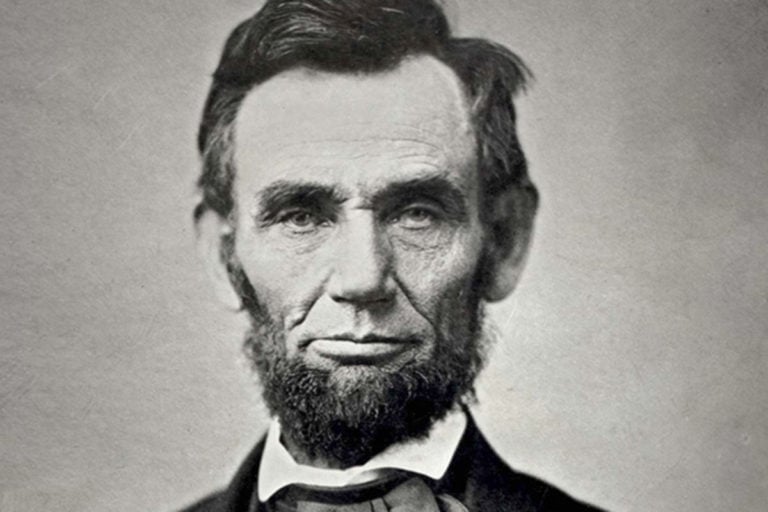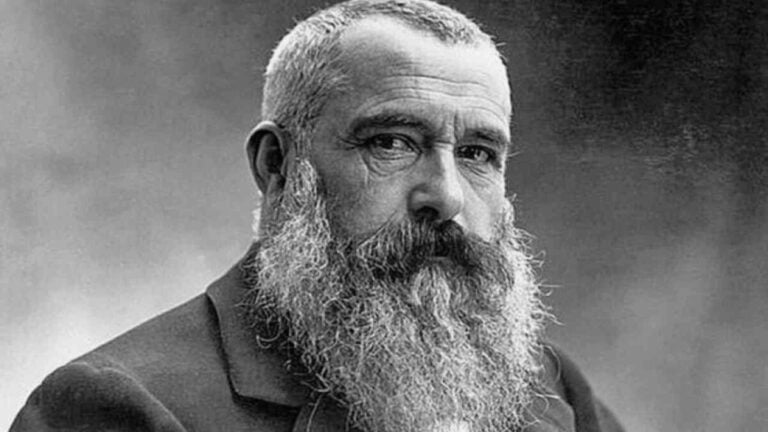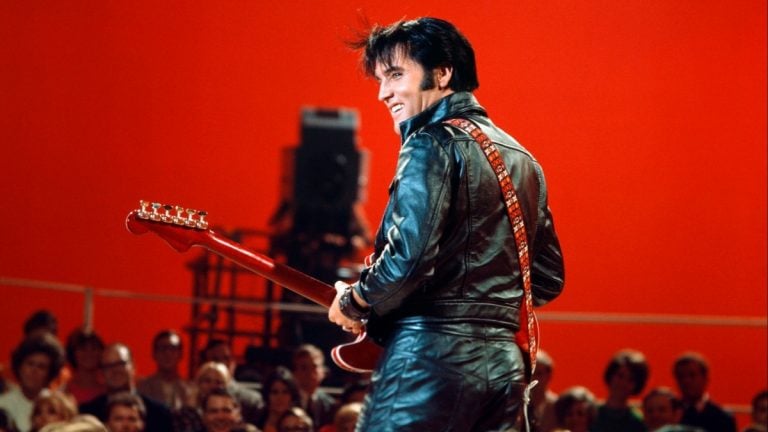Perhaps there is no more famous ancient rebel than Spartacus. He was a simple slave, a gladiator, but he was able to rally around him a large army of the same runaway slaves and the peasant poor. Who was Spartacus, how did he manage to persuade ordinary people to oppose the Roman army, and where did he go after?
Origin
The priority is the theory that he was a Roman legionnaire originally from Thrace.
At some point, he decided to desert, was caught and turned into a slave as a punishment. According to an alternative version, Spartacus was a nomad and fought with Rome, but was captured and became a slave. It is also believed that he was of noble birth, because he was well educated. All versions agree on only one thing: Spartacus was freeborn, but certain circumstances made him first a slave, and then a gladiator – this is a fairly common fate of slaves in ancient Rome.
School of gladiators
Roman gladiators were a special class. Even those of them who came from slaves were somewhat higher in status than they were. Spartacus, apparently, was an elite gladiator, and therefore enjoyed authority. Thanks to military training and leadership inclinations, Spartacus managed to raise other gladiators to revolt.
The rebels got their weapons, dealt with the guards and fled. A detachment of 70 fugitives, led by Spartacus, took refuge on Vesuvius and began to hunt for robbery, terrifying the area. The number of the detachment grew due to runaway slaves and the poor, who had nowhere else to go, and quickly reached 1000 people.
Reason for the uprising
In Russian historiography, for a long time, the point of view about the socio-political background dominated. Spartacus was declared almost a disinterested fighter for the freedom of the oppressed and became one of the symbols of the revolutionary movement.
In fact, the reasons for the uprising of the gladiators were most likely the upcoming gladiatorial games, in which Spartacus and his other associates were assigned the role of the so-called cleansing victims.
First successes
The key to the success of the army of Spartacus was a serious underestimation by the authorities of its capabilities. A detachment of three hundred untrained recruits was sent to the first attack of the camp. The rebels bypassed them from the rear and easily defeated them.
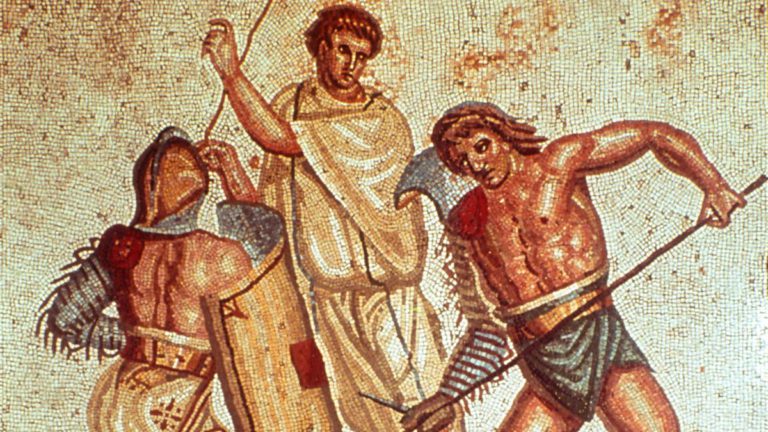
The second attempt, undertaken by Publius Varinius, did not imply a siege, but active actions. To do this, the detachment was divided into two attacking groups. But Spartak did not sit back here either, but led his army on the offensive. The first group, after a short skirmish, was trapped in a deceptive retreat, while the second was ambushed.
Part of the army of Varinius deserted, and the remaining 4,000 camped. Spartak did not dare to storm him. When Varinius received reinforcements, Spartacus’s army was again outnumbered. A siege began to provoke panic among the rebels. And then Spartak went to the trick. Placing effigies imitating sentries around the camp, he ordered the bugler to blow the signal to advance every hour. And with the onset of night, the entire army of Spartacus in an organized manner left the camp and fled.
When Varinius discovered the deception, the chase began. Having overtaken the rebels during the parking lot, he immediately went on the offensive. However, the Roman army was again defeated, and the praetor Varinius himself was almost captured. The whole south of Italy was in revolt. The size of the army of Spartacus increased, according to various estimates, up to 30-60 thousand people.
Who was in the army of Spartacus
The basis of the rebellious army was made up of runaway slaves, gladiators and poor commoners who were not satisfied with their lives. There were also outright bandits in it who took advantage of the situation to rob the local population. The most egregious such cases were suppressed by Spartacus.
The armament of the army consisted of improvised means. There were very few real weapons.
New victories
As the winter passed, the rebellious army grew to several tens of thousands and began to pose a serious threat to Rome. Spartacus intended to increase it at the expense of the inhabitants of Lucania. By that time, the authorities realized the danger of the situation and sent two armies at once to quell the uprising under the leadership of Gnaeus Cornelius Lentulus and Lucius Gellius Publicola. Their total number was about 30 thousand.
The Roman generals decided to attack the rebels from two sides. Spartacus was forced to divide his army. About half, under the command of a faithful comrade-in-arms Crixus, set out to meet Luzzius Gellius, and Spartacus himself went on the attack on the troops of Lentulus. Having managed to catch the Roman troops by surprise, Spartacus gave battle and entrenched himself.
However, the second rebel army was defeated, and Crixus died in battle. The Roman army managed to surround Spartacus. However, his army was actively replenished with recruits from among the local population and, according to some estimates, reached the number of one hundred thousand people. The legions of Rome were again defeated, and Spartacus moved on Thuria.
Fracture
Rome fielded 50,000 hardened soldiers against the rebels under the leadership of Mark Licinius Crassus. Two legions were sent ahead with orders not to engage in open battle. However, the commanders, underestimating the danger, attacked the rebels and were forced to retreat with heavy losses. The morale of Crassus’s entire army collapsed, and he had to resort to brutal methods to maintain discipline, including decimation among deserters.
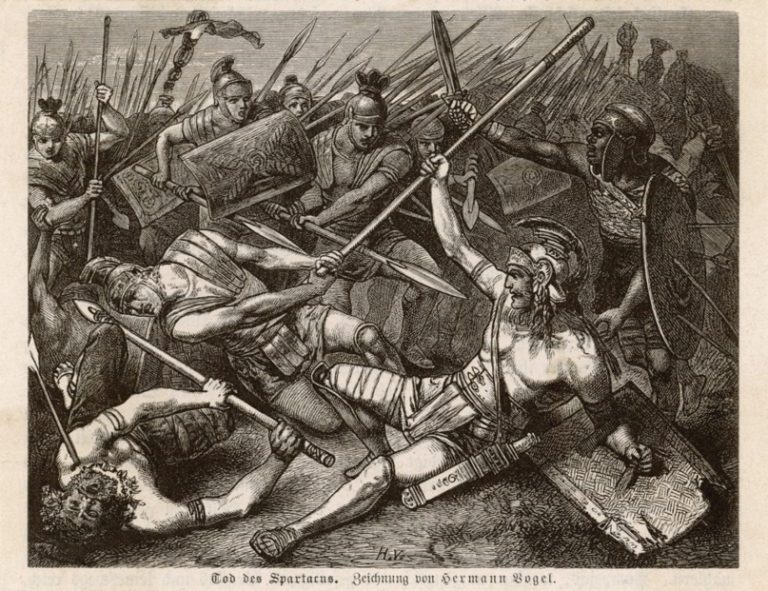
Taking advantage of the confusion of the Roman army, Spartacus retreated back south with the intention of withdrawing to Sicily. There he hoped to replenish his army with new forces. However, the pirates, with whom an agreement was reached on the crossing, deceived Spartacus. Crassus, who came to the rescue, blocked the way for the rebels with a 30-kilometer moat, and they were locked up on the Rhegian Peninsula. Attempts to break through or call Crassus to negotiations ended in nothing. The army of Spartacus began to suffer from malnutrition.
Only at the end of winter were the rebels able to break through the Roman fortifications, taking advantage of a strong snow storm. Their goal was the port of Brundisium, from where it was planned to go to the Balkan Peninsula. But the assault on the city did not take place. The rebel army was too weak to storm the well-fortified city.
Crassus, meanwhile, overtook Spartacus with the determined intention of giving battle. The fact is that the legions of Gnaeus Pompey the Great were hastily returning from Spain to Italy. Crassus did not want to share with him the laurels of the winner over the rebels.
In the army of Spartacus, discord began. Spartacus intended to continue the retreat, but a number of commanders wanted to give battle to Crassus. In the end, an army of about 30 thousand, under the leadership of Gannik and Kast, stood at Lake Lukan. Despite the late intervention of Spartacus, the rebels were utterly defeated by Crassus. The army of Spartacus, having suffered heavy losses, retreated to the Peteliysky mountains. On the way, they were overtaken by the advanced detachments of Crassus, a battle took place. However, the rebels managed to win a landslide victory and capture about 3 thousand people. This success played a cruel joke on the rebels: believing in their own strength, they refused to continue the retreat.
The end of the rebellion
The battle took place in the afternoon on the plain that precedes the foothills of the Petelian mountains. The rebel infantry quickly began to give ground under the onslaught of well-organized experienced Roman soldiers.
Spartacus made a desperate throw with an equestrian detachment behind enemy lines, intending to eliminate Crassus himself. However, this maneuver ended in failure. Spartacus was cut off from the main forces, was wounded and eventually died surrounded. Spartacus’ body was never found.
